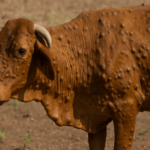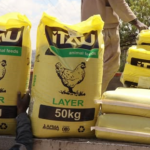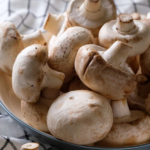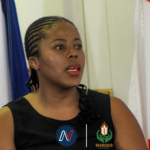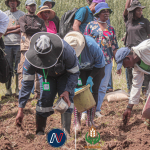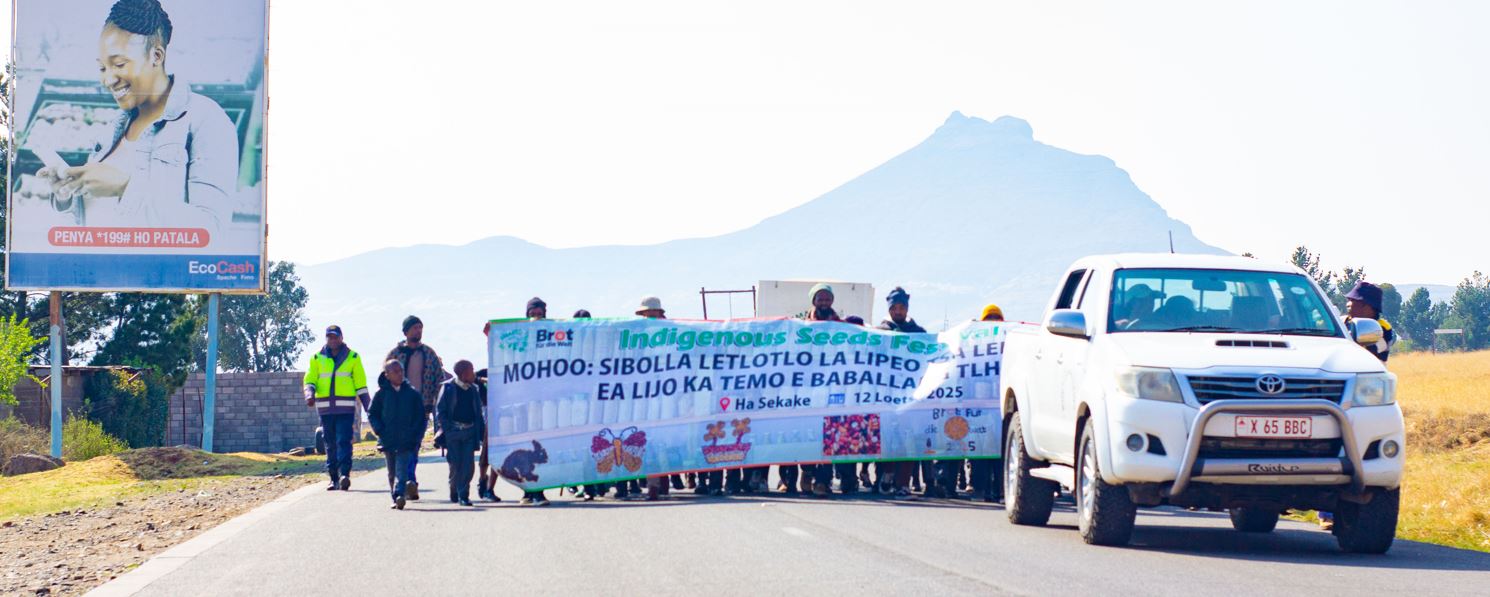…Celebrates Seeds of Heritage
The small town of Ha-Sekake in the Qacha’s Nek districtcame alive with colour, sound, and hope.
Farmers, school children, conservationists, and academics marched through the streets, their banners dancing in the breeze, their Sesotho poems echoing ancestral wisdom.
They were not marching for politics or protest, but for seeds, the humble treasures that carry the story of Basotho survival.
This was the 11th Indigenous Seeds Festival, hosted by the Southern Mountain Association for Rural Transformation and Development (SMARTD) under the theme “Discovering treasure of African indigenous seeds and food through agroecology.”
For more than a decade, SMARTD has turned this gathering into a national symbol of pride, reminding Basotho that farming is not just survival, it is their truest identity.
Programme coordinator with SMARTD, Fako Faku, opened the festival with a challenge to all present: to see seeds not only as crops but as shields against hunger and climate change.
“The seed festival is an annual celebration and as SMARTD this is our 11th edition since 2014. The celebration aims to encourage the conservation of indigenous seed varieties which are open and resilient to climate change,” he told the cheering crowd.
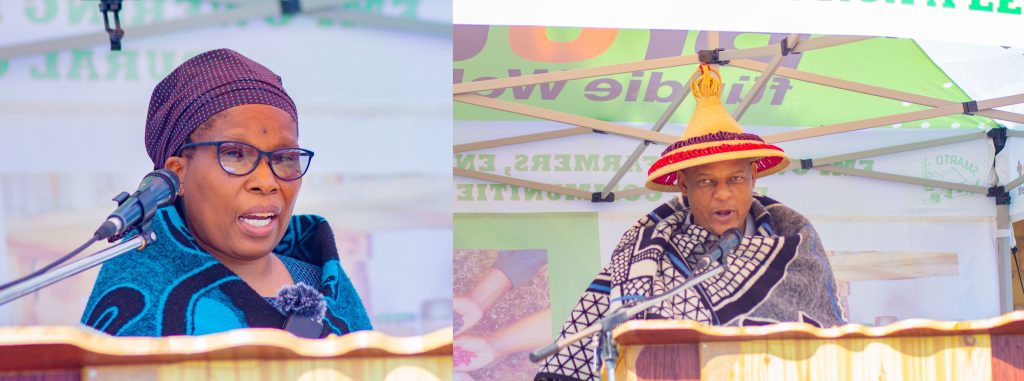
He explained that these traditional varieties, nurtured in Lesotho’s rocky soils and unpredictable weather, carry resilience that imported hybrids cannot match.
Farmers did not just listen; they showcased.
Stalls filled the festival grounds with jars of beans, lentils, maize, wheat, and potatoes, alongside traditional foods like nyekoe and sour porridge.
Each display was a lesson in agro-biodiversity, proof that Basotho farmers still hold keys to food sovereignty.
Among the most inspiring testimonies came from Malintle Thapo of Senqu and Senqunyane Nutrition Seeds.
Taking to the stage, she described how SMARTD’s trainings had changed her community’s outlook.
“After this organisation trained us on the importance of indigenous seeds, we went home and united ourselves. Our association began in 2022, and today we are able to produce our own varieties of indigenous seeds because of SMARTD’s guidance,” she said.
Her words sparked loud applause as she shared their plans to create a hub where Basotho can access seeds proudly made in their own villages.
For SMARTD director, Matlotliso Phooko, the day was more than a showcase. It was a celebration of food, nutrition, and dignity.
“This seeds festival is not only about seeds but also for acknowledging Basotho’s food. We prepare traditional food, we produce and eat, so in general we celebrate good nutrition,” she explained.
She added that training farmers to save and reproduce seeds has not been easy, but it has empowered communities to become independent.
Collaborations with the National University of Lesotho and Lesotho Agricultural College she said have helped strengthen this mission, blending research with indigenous wisdom.
The voice of academia echoed through the words of Relebohile Mojaki, who represented the universities.
“Universities and schools of higher learning are not isolated bodies but are actual participants who work with farming communities in collaboration with SMARTD,” she said.
Mojaki stressed that the future of farming is not about choosing between modernity and tradition, but about blending the two.
“The future of agriculture in our southern African region is not by choosing between traditional seeds and modernity but by blending the two together to get the best yield.”
The festival also drew international partners who fund SMARTD’s efforts.
Mrs. Caecilia Theisinger from Brot für die Welt in Germany said she was touched by what she saw.
“I am really impressed by your work. I have seen various seeds and the community engagement and how people are really dedicated. When going back to Germany, I will present your good work to partners in order to have a prolonged healthy relationship with SMARTD.”
SMARTD chairperson, Sempe Nkuebe, brought the message home with a powerful reflection; “the seed cannot be separated from the soil, water, rangelands, animals and crops. Everything begins with a seed and farmers should rethink and conserve everything that partakes in food production.”
He reminded participants that even His Majesty King Letsie III is recognised as the African Union’s Nutrition Champion, underscoring the importance of food sovereignty for the nation.
The day closed with laughter, dances, and song.
Children entertained the crowds with traditional dances while civil societies explained their projects, weaving learning with celebration. For many, it was a day of rediscovering that agriculture is not just toil in the fields, but a rhythm of life, culture, and hope.

